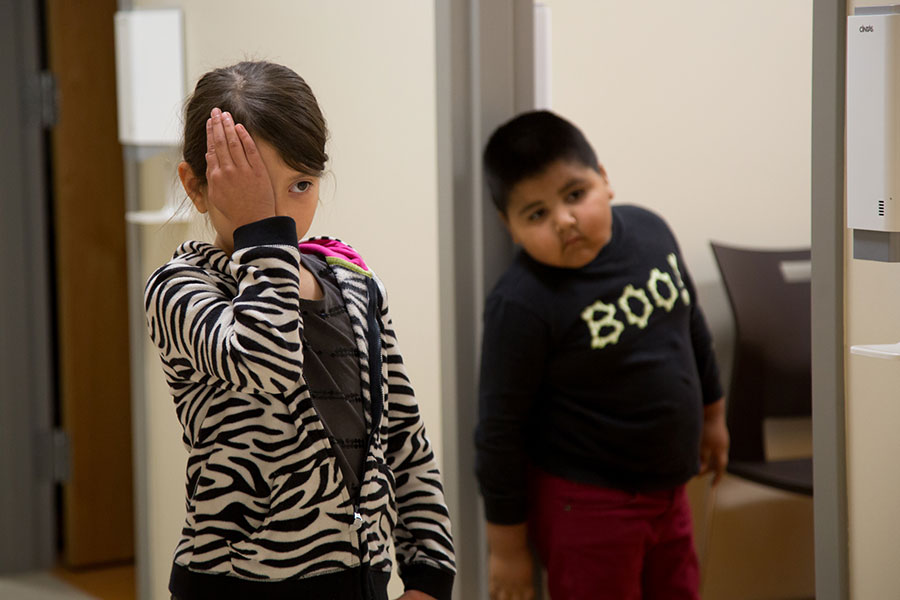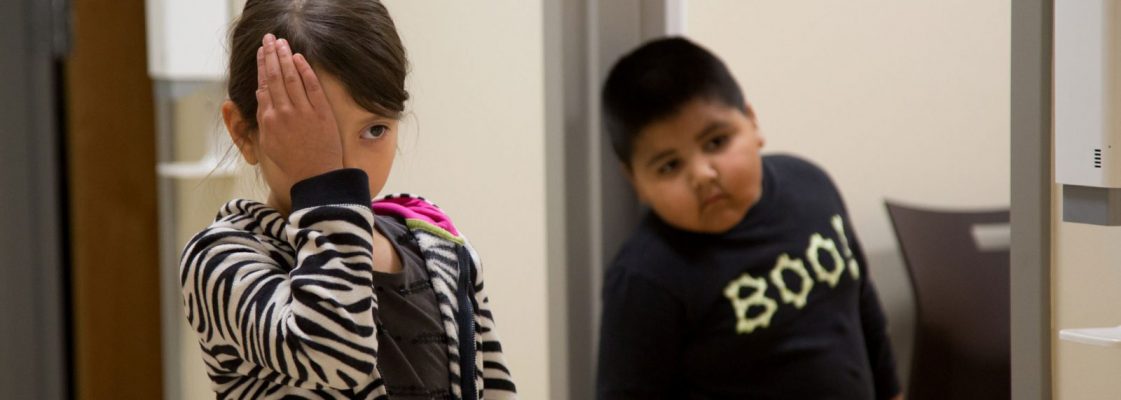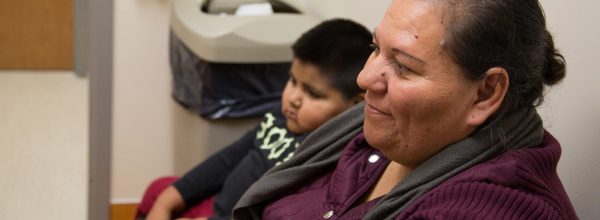We are more than just our bodies. Our minds are bound up with our cells and organs, and our thoughts and memories can influence our health in countless ways. Studies have found that adverse experiences during youth can have profound negative consequences for an individual’s long-term physical health outcomes. The Center for Youth Wellness has incorporated a screening for adverse childhood experiences (ACEs) into pediatric care at their Bayview clinic.

The Echoes of Trauma
In the mid-90s, the Centers for Disease Control and Kaiser Permanente conducted one of the largest studies ever into the impacts of childhood abuse and neglect on adult health and well-being. They found that what they called “adverse childhood experiences” (ACEs) were likely to disrupt neurodevelopment in ways that led to social, emotional and cognitive impairment. Adults with such impairment were more likely to adopt risky health behaviors, and as a result struggled with disease, disability, social problems and eventually early death. In fact, patients with four or more different ACEs are more than twice as likely to develop chronic obstructive disease and/or cardiac disease and twelve times as likely to attempt suicide then someone with out exposure to adverse childhood experiences.
What is an ACE?
The ACEs screening looks for a variety of stressful experiences that might happen at home before an individual turns 18. These include physical violence, emotional abuse, sexual molestation, and neglect. The screening also asks about divorce, living with someone who abused drugs or alcohol, having a family member go to prison or struggle with mental illness, and witnessing domestic violence. The CDC found that the impact of the ACEs follows a dose-response pattern, meaning that while any single ACE may not alone effect outcomes, multiple ACEs compound, leading to profound increased health risks. Repeated exposure to adversity in the absence of a buffering adult leads to toxic stress. Along with impacts later in life, toxic stress can manifest in childhood as asthma, obesity and dermatological problems.
Overcoming ACEs
The ACE screening tool is useful as an approach stratifying patients as part of population health efforts in the pediatric setting. For individual patients, it is very difficult to walk back the risk that comes with a high ACEs score. But providers can apply higher level of clinical surveilliance to children with high ACE scores of 4 and above or 1-3 ACEs with symptoms understanding the potential for dysregulation to their immune, metabolic and endocrine systems.
ACEs can also be used to target prevention efforts. Specifically providers can work with families to reduce kids’ exposure to adverse experiences. Even when children live in trying environments, an adult who understands the dangers of ACEs can buffer the child from exposure. Parent-child psychotherapy can also help parents learn to better regulate their own behavior to avoid reducing their children’s exposure to ACEs.
Screening in the Clinic
The Center for Youth Wellness (CYW) advocates for the understanding and use of the ACE screening tool in treating children. For five years they have also used ACE screenings at their Bayview Children’s Health Clinic in San Francisco.
CYW conducts the screening through a questionaire, available in both english and spanish, that they include in their paperwork for new patients. For young children, the parents fill out this 14-question screening, and then report to the medical assistant the number of ACEs their child has been exposed to. This allows parents to be not have to go into detail about the specific exposure given the potential newness of the clinical relationship. For teens, both child and parent fill out the survey, allowing providers to look for inconsistencies in their answers.
The screening allows the clinic to quickly assess the amount of adversity the child has been exposed to, without immediately taking on a weighty process of delving into individual instances of adversity. Particularly in a first visit, it can be challenging to ask families to recount their most painful experiences; doing so could turn a check-up into an extended assessment of exposure. Instead, patients and families with four or more ACEs are offered a referal to a care coordinator and/or a behavioral health specialist for further assessment and diagnosis.
What’s Next?
While a great deal of evidence supports our understanding of ACEs, the use of the ACE screening tool in children has yet to be formally validated. To validate the tool, CYW is planning a randomized control trial with UCSF and UCSF Benioff Children’s Hospital in Oakland , in their pediatric outpatient clinic. Enrollment starts in September 2016.
In October 2016 CYW is hosting a conference and pediatrician symposium on how to screen for adverse childhood experiences in the pediatric setting. Learn more and register here.
Learn More
- The Center for Youth Wellness advocates for revolutionizing pediatric medicine to respond to the effects of adverse childhood experiences and toxic stress. CYW’s pediatric home serves children and families in San Francisco’s Bayview Hunters Point neighborhood. Visit their website: centerforyouthwellness.org
- Read the CDC-Kaiser Permanente study here: www.cdc.gov/violenceprevention/acestudy/about.html
Find this useful or interesting? We’re constantly sharing stuff like this. Sign up to receive our newsletter to stay in the loop.



